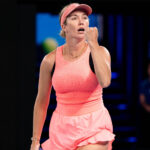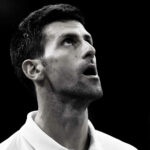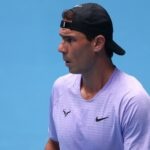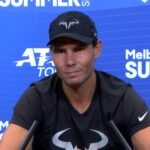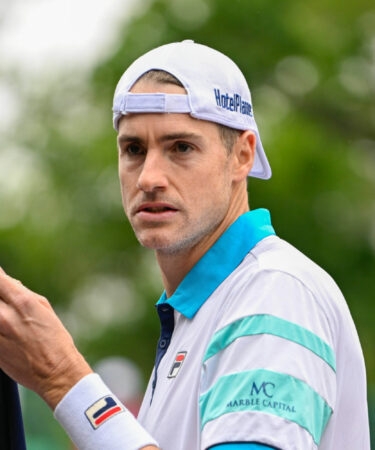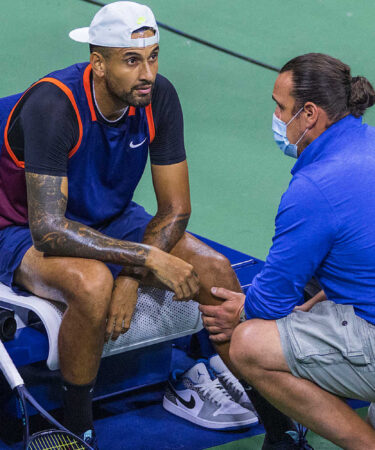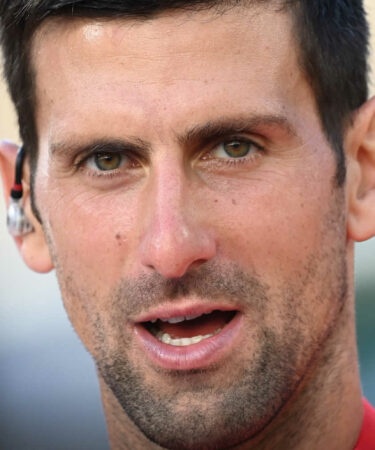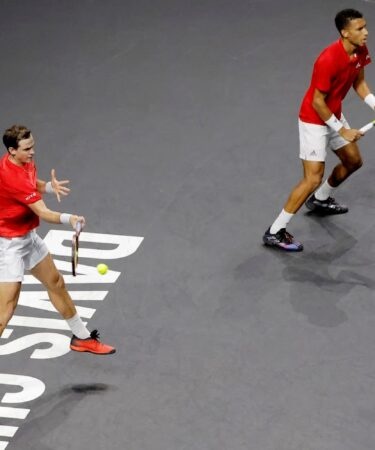Djokovic receives player support as criticism of Australian authorities grows
As the world No 1 sits in a quarantine hotel pending his appeal against his denied visa, there is a growing feeling in Australia that his case is being mishandled
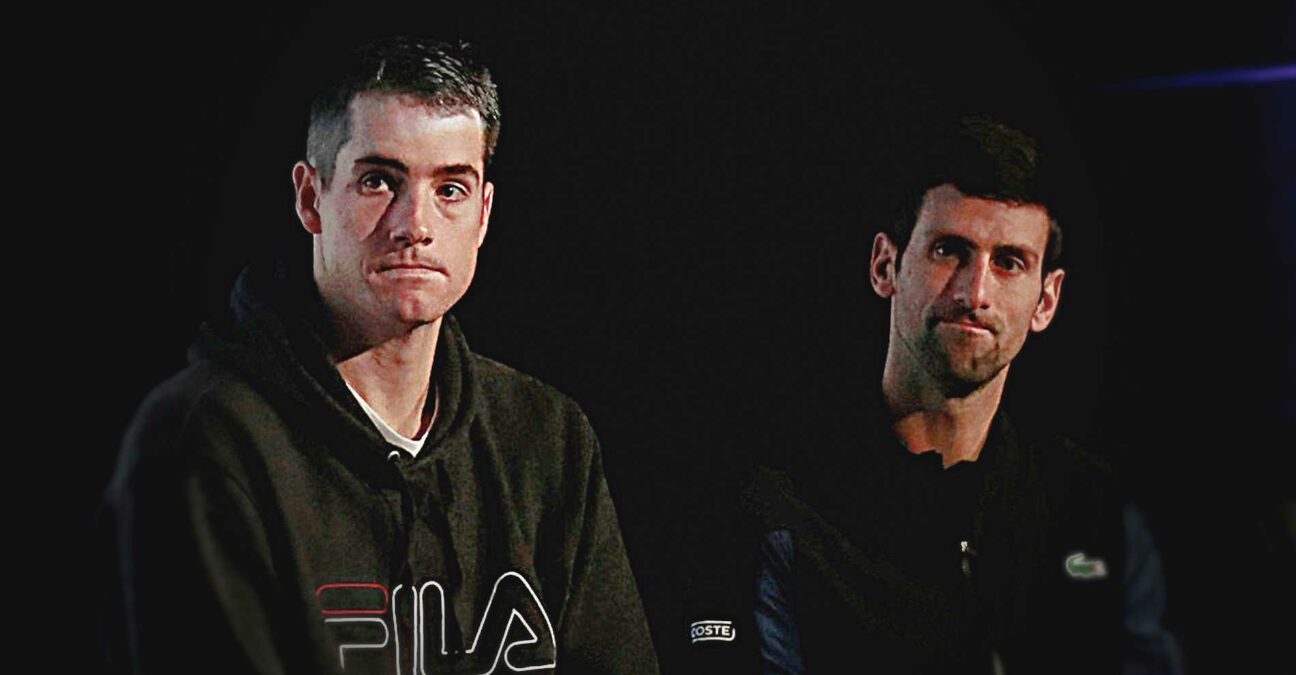 © Panoramic
© Panoramic
As his situation continued to make worldwide news on Friday, Novak Djokovic received support from a number of leading players and even found an unlikely ally in Nick Kyrgios, while criticism is growing of how Australia’s authorities have handled it.
World No 1 Djokovic was denied permission to enter Australia on Wednesday night because he could not provide sufficient documentation to support what he thought was an exemption against the required vaccine mandate. Djokovic decided to appeal but will be confined to a quarantine hotel until Monday, when his appeal will be held. With the Australian Open beginning on Jan 17, the nine-time champion’s participation is in serious doubt.
But while politicians insist that he is being treated the same as anyone else would be in his situation and while Australians who were locked down for months because of Covid-19 remain angry that he was given a vaccine exemption by Tennis Australia in the first place, a number of players, including Kyrgios, expressed their disappointment at how the whole situation is being handled.
Kyrgios has been vocal in his criticism of Djokovic in the past, especially of his unwillingness to support the vaccine and in his role in running the ill-fated Adria Tour in 2020, an exhibition event in Europe at the height of the pandemic when he and a number of other players picked up the virus.
McNamee: “Djokovic is entitled to fair play”
Paul McNamee, the former Tournament Director at the Australian Open, from 1995 to 2006, said Djokovic was being badly treated.
“It’s not fair,” McNamee told ABC News. “The guy played by the rules, he got his visa, he arrives, he’s a nine-time champion and whether people like it or not he’s entitled to fair play. There’s no doubt there’s some disconnect between the state and the federal government. I hate to think politics are involved but it feels that way.”
McNamee then posted a photo of himself visiting the protestors outside Djokovic’s hotel.
Other players also rallied to Djokovic’s cause. American John Isner said there was “no justification” for his treatment while Vasek Popsisil, who co-founded the Professional Tennis Players’ Association with Djokovic, also wished him well.
In a statement, the PTPA also stood firmly behind the world No 1, saying all players should be allowed to compete if they meet the entry requirements, be that being fully vaccinated or receiving a vaccine exemption. It also said Djokovic would “share the facts of his detainment in his own words, and in his own time.”
Lack of communication between government branches
Over the past year, Djokovic refused many times to confirm whether he’d had the vaccine or would take it, insisting it was a personal choice. When he was given an exemption by Tennis Australia, the decision was greeted with anger by the Australian public, who felt that the 20-times Grand Slam champion was being given preferential treatment.
But since his arrival at the quarantine hotel, criticism has been growing that the authorities should never have let it get this far and that their handling of it all has been heavy-handed.
The Canberra Times said on Friday that the Department of Health had sent Tennis Australia two letters in November warning them that a Covid-19 infection in the previous six months would not guarantee entry to Australia for unvaccinated players.
But on Friday, acting Victorian Premier Jacinta Allan said Tennis Australia had not been told that by Tennis Australia. “I’m advised that Victorian government officials had not seen that correspondence,” Allan said.
“It reinforces that point that it is the Commonwealth government … that’s responsible for issuing visas and how they engage in that dialogue with bodies like Tennis Australia is a matter for them.”
It should also be pointed out that the basis for Djokovic’s medical exemption is not yet known. If he did have Covid-19 in the past six months, he has not made that public.
Threats, protests, arrests as criticism grows
Criticism that the authorities are being heavy-handed in their handling of the affair grew on Friday when police arrested protesters outside the hotel where Djokovic is staying.
And there is even the possibility that things could get worse for Djokovic, if he does not win his appeal, with Paul Sakkal, a political reporter for The Age newspaper, who was also at the airport when Djokovic was stopped, detailing the worst-case scenario for the world No 1.
Family, friends, fans supporting Djokovic case
Elsewhere, there was plenty of support from friends, family and fans as they all outlined their belief that Djokovic was being wronged by authorities.
Djokovic’s wife, Jelena Djokovic said the pair “will grow from this experience”.
The situation has also highlighted the plight of many refugees and asylum seekers, some of whom are in the same hotel as Djokovic and have been for years, part of Australia’s often-criticised zero-tolerance policy against illegal immigration.
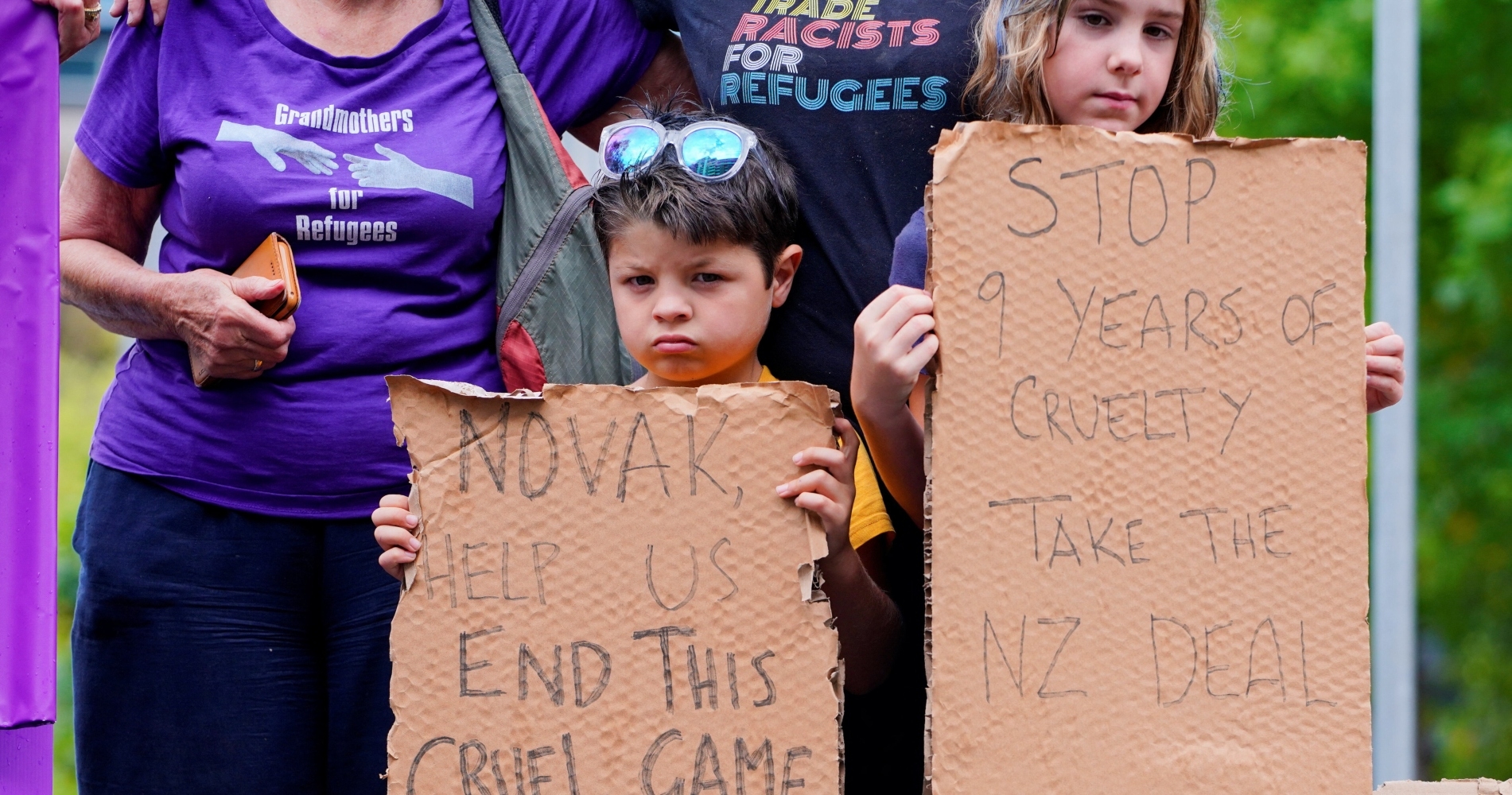
And even in Sydney, fans protested outside the Sydney Opera House, drawing a parallel between Djokovic’s case and that of the venue’s designer, Jorn Utzon.
Finally, amid criticism from Djokovic’s father, Srjdan, that his son was being held prisoner, there was a firm rebuttal from Australia’s Home Affairs Minister, who says he can leave the country any time he likes.
People in this post
More tennis news
Extraordinary teenager Tien stuns Medvedev in Australian Open epic for the ages

Australian Open: Paolini eases past Zarazua to advance into third round

“I don’t think I have any limits” – Great promise for Fonseca despite defeat

Raducanu’s positive start to 2025 epitomised by revelation of apology to Andy Murray
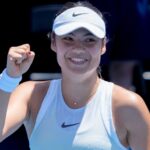
Australian Open: Collins defeats Aiava to reach third round
